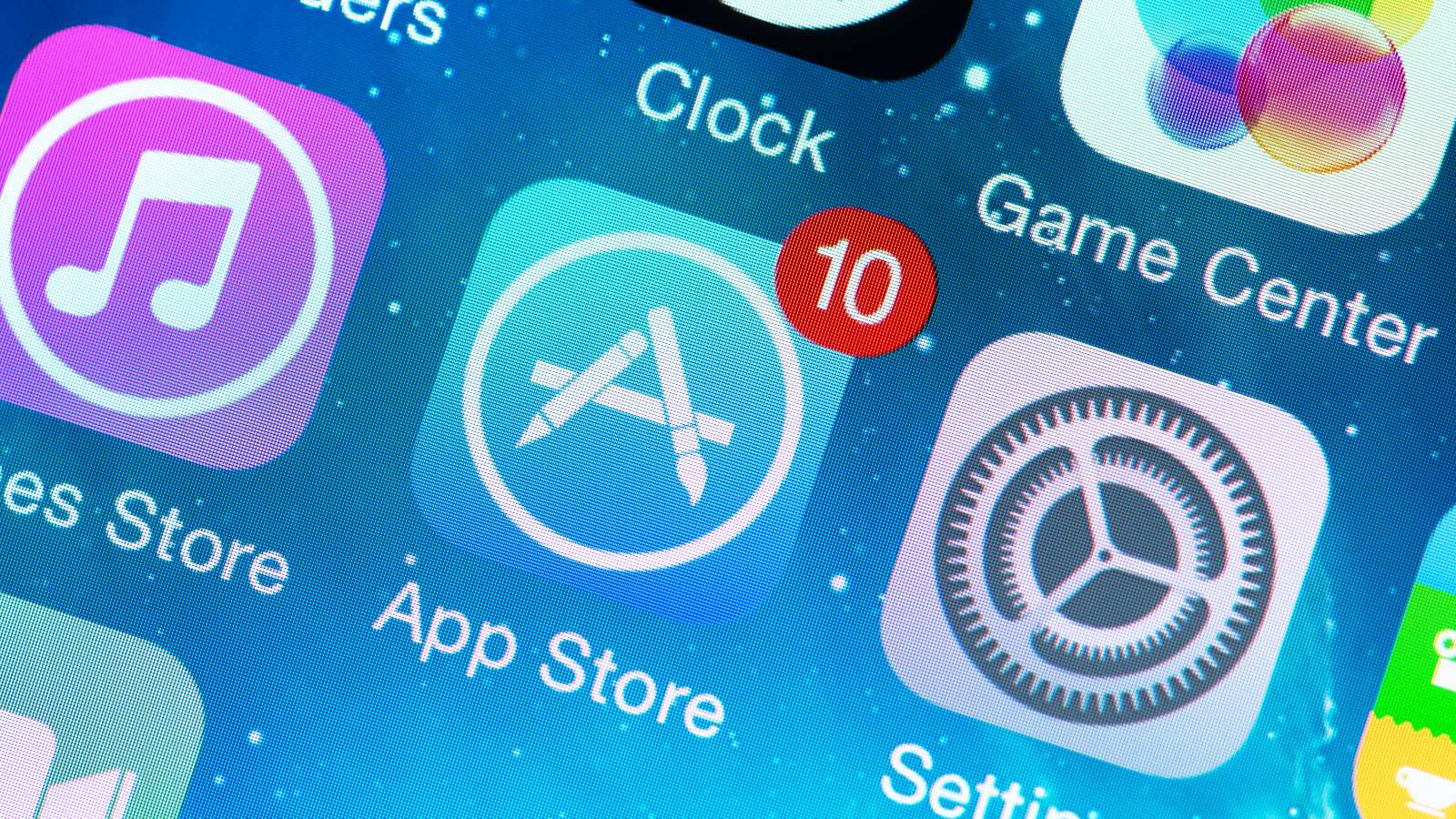Is the App Store a monopoly? Top US court to decide long-running Apple case
Will a lawsuit filed in 2011 finally go ahead?

This antitrust story is years in the making: back in 2011, a group of plaintiffs filed a class action lawsuit against Apple, accusing the tech company of monopolizing the market for iOS apps by not allowing users to download them from any source outside the official App Store.
According to the plaintiffs, this not only reduces customer choice for iPhone and iPad users, but also leads to inflated pricing thanks, in part, to Apple taking a 30% cut of all app revenues.
While the case was initially dismissed by a district court in 2013 due to mistakes made in the original complaint, a US Court of Appeals gave the go-ahead for the proceedings to being in 2017.
Apple then filed a petition (writ of certiori) to have a higher court review the case, which the US Supreme Court has now agreed to take on.
Brick the money
Apple, from the start, has argued that it doesn’t set the prices for the apps – the developers do – and taking a 30% commission on paid apps and in-app purchases doesn’t violate any US antitrust laws.
The premise for that argument, as explained by Wired, comes from an Illinois Brick Co vs Illinois 1977 case, which ruled that a company can’t be sued for violating antitrust laws if plaintiffs don’t directly purchase goods from them.
As far as Apple is concerned, consumers are purchasing directly from the devs and its App Store is only a platform that charges a commission to the developers, much like a mall charges rent for retail space.
Get daily insight, inspiration and deals in your inbox
Sign up for breaking news, reviews, opinion, top tech deals, and more.
The plaintiffs, however, argue that the case is about Apple monopolizing app distribution and has nothing to do with the apps themselves. While iOS users are stuck with only the App Store, Android users are able to download apps from not just the Google Play Store but from third parties like Amazon as well.
Decisions have consequences
If the Supreme Court rules in favor of Apple, the App Store will continue to be the go-to platform for iOS apps and not much will have changed.
However, if Apple loses the case, it could have far-reaching consequences not just for Apple, but for other companies like Amazon and Google as well.
Losing also means Apple could have to shell out millions of dollars in compensation, something it might want to avoid given it’s just been slapped with a $6.6 million (AU$9 million) fine in Australia for misleading customers about their repair rights.
Secondly, a loss for Apple could lead to significant changes to the business model of other companies like Amazon, which also sells products from third parties, making it harder for the online retailer to portray itself as just a marketplace, or a middleman.
Whether paid apps would get cheaper if the court forces Apple to reduce its commission is also anyone's guess. Both Apple and Google charge the same rate of commission, and app prices are quite similar across both platforms. So what happens with one company may well affect the other.
For the iOS consumer, however, it could mean an end to being restricted to just the App Store, but that remains to be seen.
According to Bloomberg, the court will begin hearing arguments in October, with the proceedings running for nine months, so don’t expect anything to change any time soon. This is, quite literally, going to be a protracted battle.

While she's happiest with a camera in her hand, Sharmishta's main priority is being TechRadar's APAC Managing Editor, looking after the day-to-day functioning of the Australian, New Zealand and Singapore editions of the site, steering everything from news and reviews to ecommerce content like deals and coupon codes. While she loves reviewing cameras and lenses when she can, she's also an avid reader and has become quite the expert on ereaders and E Ink writing tablets, having appeared on Singaporean radio to talk about these underrated devices. Other than her duties at TechRadar, she's also the Managing Editor of the Australian edition of Digital Camera World, and writes for Tom's Guide and T3.